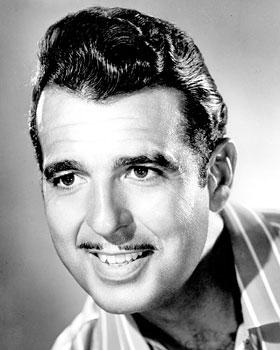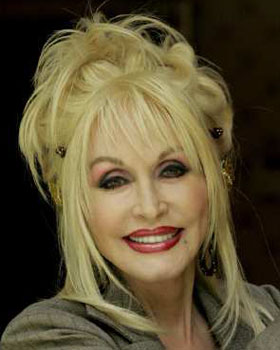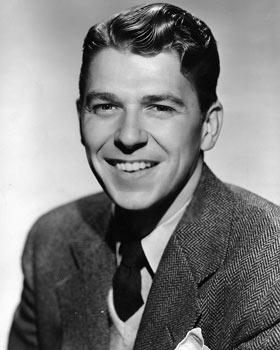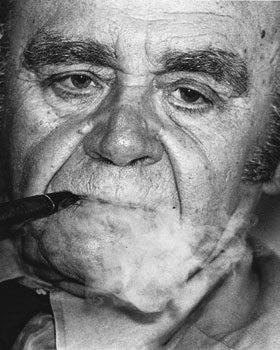Tennessee Ernie Ford

Stars



Tennessee Ernie Ford was a beloved pop and gospel balladeer whose recording of "Sixteen Tons" became a mantra for the blue-collar workers of the world.
One of the few entertainers to headline his own shows on daytime and prime-time television, Ford was also remembered as one of the first country artists to cross over into the world of mainstream popular music, paving the way for Kenny Rogers, Willie Nelson and others. He recorded more than 80 albums.
With his warm, bass-baritone voice and genial style, Ford, who called himself an “ol’ pea picker,” typified a kindly country uncle.
His many fans included Queen Elizabeth II, who became an admirer after seeing Ford perform at the London Palladium.
Ford was born Ernest Jennings Ford in Bristol, Tenn., where he spent much of his boyhood listening to country and gospel singers, and hanging around the radio station.
In 1937, the radio station hired him as a $10-a-week announcer. He studied for a year at the Cincinnati Conservatory of Music and returned to announcing in Atlanta and Knoxville, Tenn., before joining the Air Corps soon after the attack on Pearl Harbor. He became a bombardier and an instructor in California and decided to remain in the state after World War II, finding a job as a disc jockey in San Bernardino.
He was working with an old friend, bandleader Cliffie Stone, at country station KXLA in Pasadena when he ventured an ad-lib at the beginning of an announcement:
"Hello out there, this is Tennessee Ernie Ford."
Ford became a regular on the Stone musical revue and his mellifluous speaking voice was heard by a representative of Capitol Records. In 1947, he was signed to a contract.
His first record was his own composition, "Shotgun Boogie." That hit was followed by "Mule Train," "Cry of the Wild Goose," "Davy Crockett" and in 1955, "Sixteen Tons."
It was a bluegrass tune written by Merle Travis, and the chorus was a paean to the frustrations of coal mining. It became the fastest-selling record in the history of recording to that time: 1 million copies in three weeks and more than 5 million in U.S. sales.
The song also brought an offer of a TV series, "The Ford Show" (1956-61), named for its automaker sponsor. It was a showcase for Ford's country western songs, his catchphrases and reminiscences about growing up in the country. Backing him up were the choral groups the Voices of Walter Schumann and the Top 20.
He left series work for good in 1965 but made occasional TV guest appearances, particularly on the "Dolly" show starring Dolly Parton and on "Barbara Mandrell and the Mandrell Sisters" in the early 1980s.
He earned a Grammy for "Great Gospel Songs" in 1964 and was nominated for seven others. He also was nominated for two Emmys for his television work.
In 1984, President Reagan presented him with the Medal of Freedom. He was also elected by his peers to the Country Music Hall of Fame.
Related stars
|
|



Share a thought about Tennessee Ernie Ford